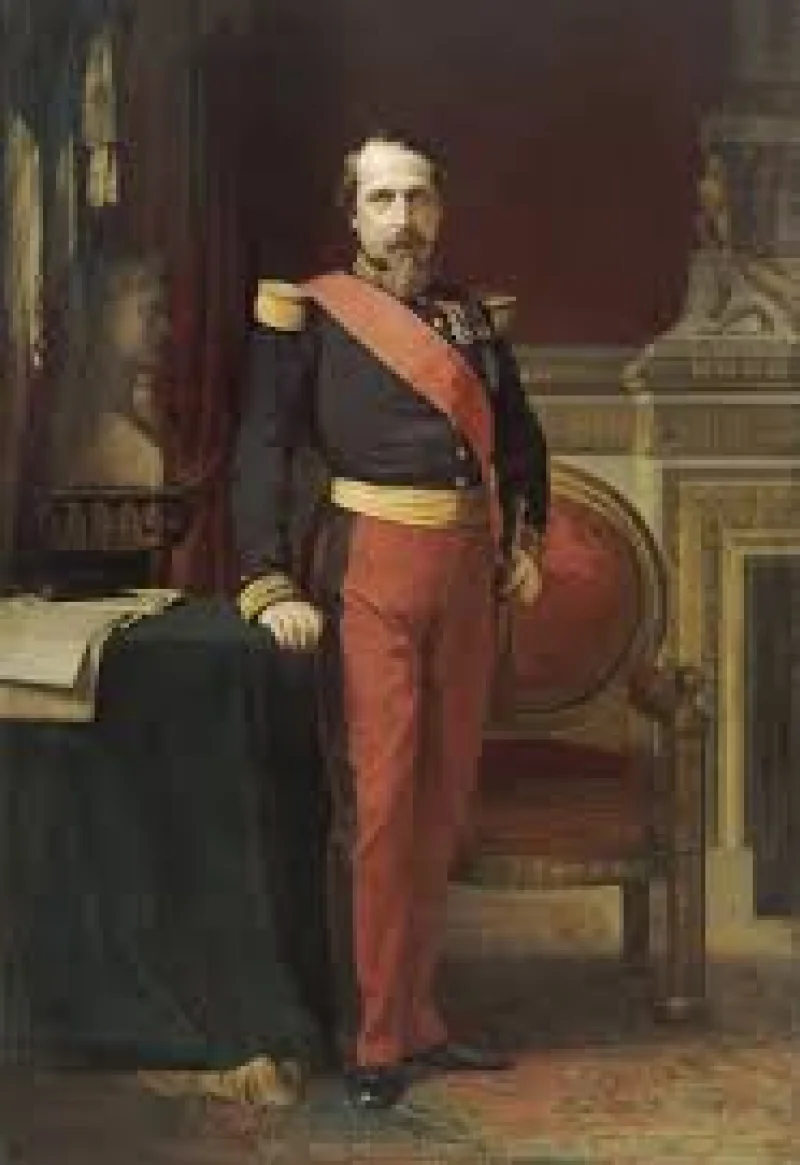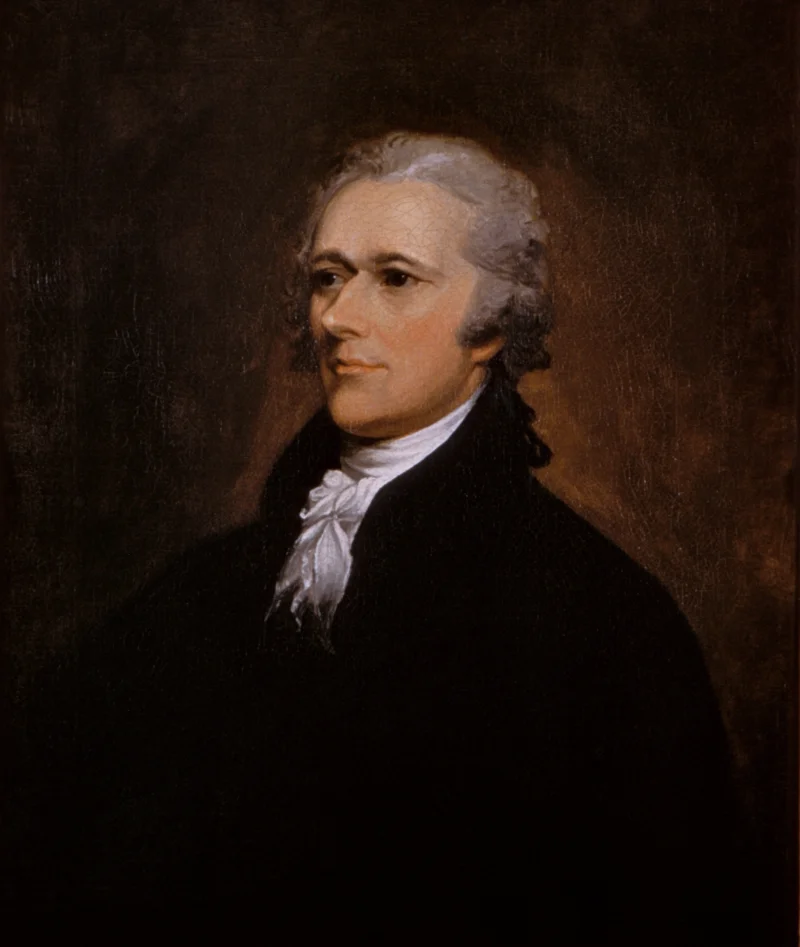Short Summary
Toussaint Louverture was a prominent leader of the Haitian Revolution and is celebrated for his role in fighting for the abolition of slavery in Haiti. He rose from being a slave to becoming a military and political leader, instrumental in establishing Haiti as the first free colonial society to have explicitly rejected race as the basis of social hierarchy. His leadership and strategic acumen have immortalized him as a symbol of freedom and resilience.
Early Life & Education
Toussaint Louverture was born in 1743 on a plantation in the French colony of Saint-Domingue, now known as Haiti. His parents were African slaves, and his early life was shaped by the brutal realities of slavery. Despite these challenges, he learned to read and write, which was uncommon for slaves of the time. His education was reportedly influenced by Jesuit missionaries, through whom he was exposed to Enlightenment ideas. These teachings, combined with his personal experiences, laid the foundation for his later leadership in the fight against colonial oppression and slavery.
Career Highlights
Louverture's career was marked by his rise from plantation overseer to revolutionary leader. Initially, he served as a coachman and overseer for the plantation owners, which gave him insight into plantation operations. During the 1791 slave revolt, he emerged as a key leader and strategist. His military prowess was demonstrated through his ability to organize and lead troops effectively, culminating in his appointment as the governor-general of the colony. Louverture's leadership was pivotal in the establishment of a constitution in 1801 that abolished slavery and declared himself governor for life.
Major Achievements
- Led the Haitian Revolution, contributing to the abolition of slavery in Saint-Domingue.
- Established the 1801 Constitution, which advanced the principles of equality and freedom.
- Secured autonomy for Saint-Domingue, setting the stage for Haiti’s independence.
- Implemented policies to restore the economy through agricultural reforms.
Famous Quotes
- "I was born a slave, but nature gave me a soul of a free man."
- "It is not a liberty that is secured by a spot of ground, but a liberty in the minds and actions of the inhabitants."
Interesting Facts
- Louverture was nicknamed "The Black Napoleon" for his military strategies.
- He was captured by the French and died in a prison in France in 1803.
- His leadership inspired other colonial uprisings in the Caribbean and Latin America.
- He was a skilled horseman and used his skills to maneuver in battle effectively.
- His real name was François-Dominique Toussaint Bréda; "Louverture" means "the opening," signifying his role in opening the way to freedom.
Legacy / Influence
Toussaint Louverture's legacy is profound, as he paved the way for the abolition of slavery and the independence of Haiti. His leadership and ideals have inspired countless movements for freedom and equality across the world. His life and achievements remain a powerful testament to the strength of the human spirit in the face of oppression, influencing contemporary thoughts on human rights and social justice.
FAQ
Q: Why is this person famous?
A: Toussaint Louverture is famous for leading the Haitian Revolution and contributing to the abolition of slavery in Haiti.
Q: What was his role in the Haitian Revolution?
A: He was a key leader and strategist, instrumental in organizing and leading the revolt against French colonial rule.
Q: What happened to him after the revolution?
A: He was captured by the French in 1802 and died in prison in France in 1803.
Q: How did his actions influence other nations?
A: His leadership inspired other colonial uprisings and movements for freedom and equality globally.











